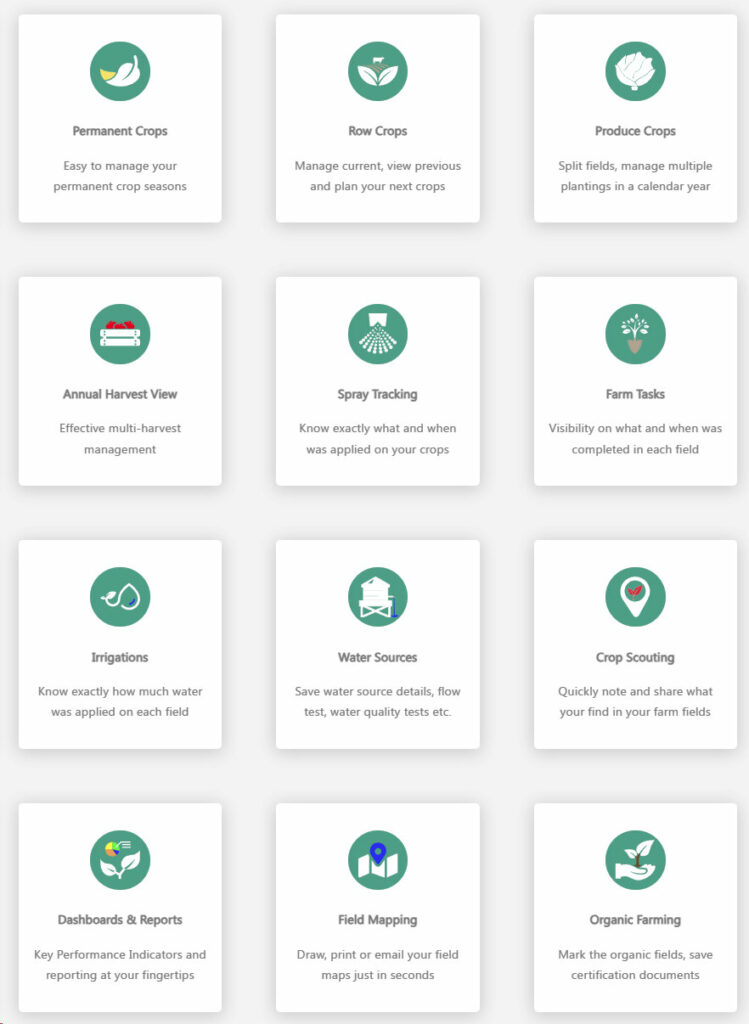Effective farm management is essential for the success of crop production throughout the growing season. Through strategic planning and efficient resource allocation, farmers can enhance their, in increased yields and improved profitability.
Effective Farm Benefits
- Improved Crop Production: Effective farm management involves planning and executing planting schedules, monitoring crop health, and implementing best practices for irrigation and fertilization. This leads to healthier crops and increased yields.
- Data-Driven Decisions: Farm management involves collecting and analyzing data related to soil health, weather patterns, and crop performance. This data helps farmers make informed decisions, such as selecting the right crops for their soil and climate conditions and determining the optimal times for planting and harvesting.
- Efficient Resource Utilization: By carefully managing resources like irrigation water, fertilizers, and pesticides, farmers can reduce waste and lower costs. Efficient use of resources also contributes to sustainability and environmental conservation.
- Tailored Soil Amendment Plans: Farm management includes regular soil testing and analysis. Based on these results, farmers can develop customized soil amendment plans to address specific nutrient deficiencies and improve soil health.
- Risk Management: Effective farm management includes identifying potential risks, such as pests, diseases, and adverse weather conditions, and implementing strategies to mitigate these risks. This proactive approach helps protect crops and ensures a more stable yield.
Challenges of Farm Management
Despite its benefits, farm management can be challenging due to several factors:
- Weather Variability: Unpredictable weather conditions, such as droughts, floods, and storms, can disrupt farming operations and damage crops. Managing these unpredictable elements requires flexible planning and robust risk management strategies.
- Labor Shortages: Finding and retaining skilled labor is a common challenge in agriculture. Seasonal labor needs and high turnover rates can delay critical farming tasks, affecting overall productivity.
- Financial Constraints: Farming requires substantial investment in equipment, seeds, fertilizers, and other inputs. Fluctuating market prices for crops and livestock, along with unexpected expenses, can strain financial resources and complicate cash flow management.
- Regulatory Compliance: Farmers must navigate a complex landscape of regulations related to environmental protection, food safety, labor laws, and animal welfare. Ensuring compliance can be time-consuming and costly, adding another layer of complexity to farm management.
AgNote for Effective Farm Management
To address these challenges, AgNote farm management software is recommended. AgNote simplifies the process saving soil sample test results each field and facilitates the creation of effective soil amendment plans. It streamlines enhances the efficiency of planning the next crop season. AgNote provides a free7-day, enabling farmers to its advantages without risk. Register now to begin optimizing farm management practices with AgNote.

